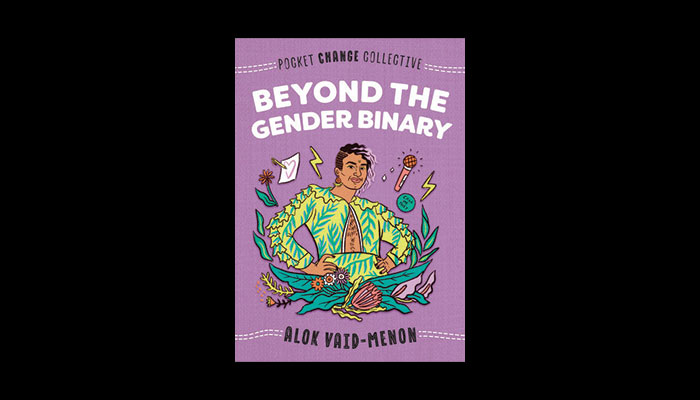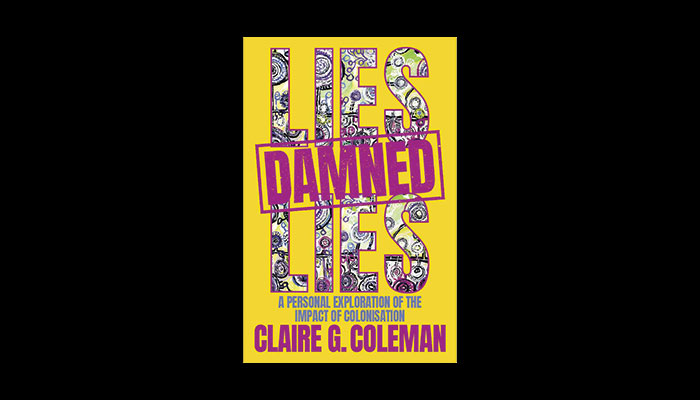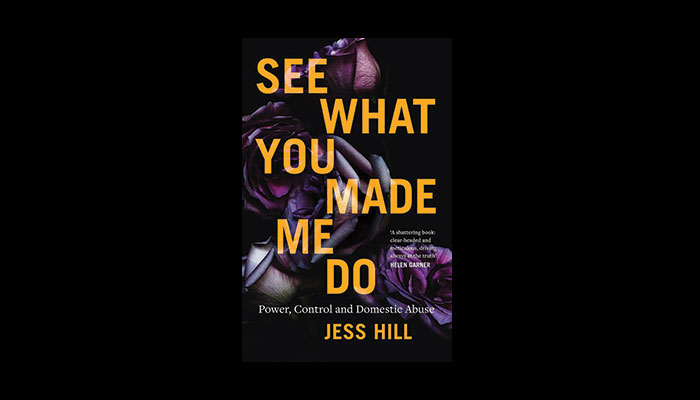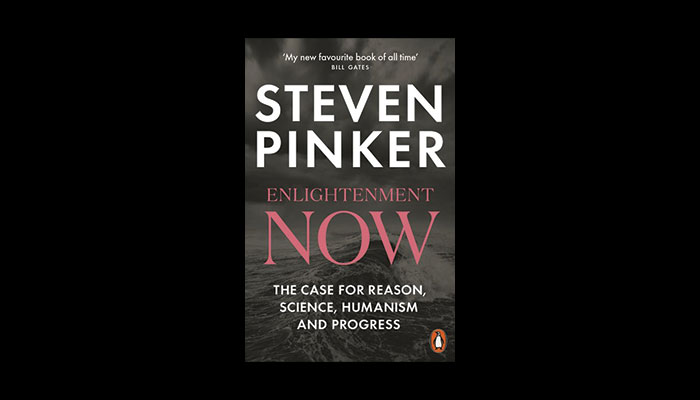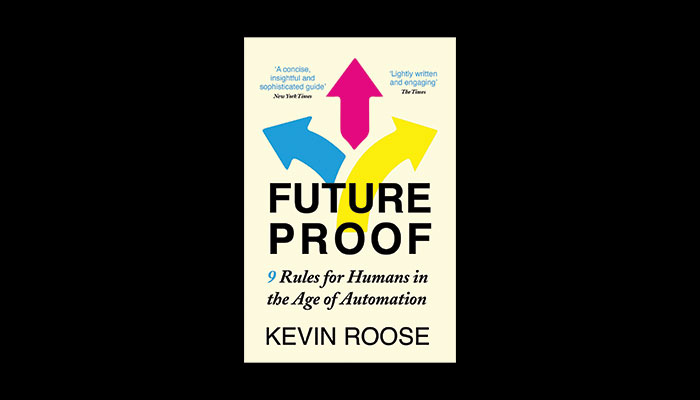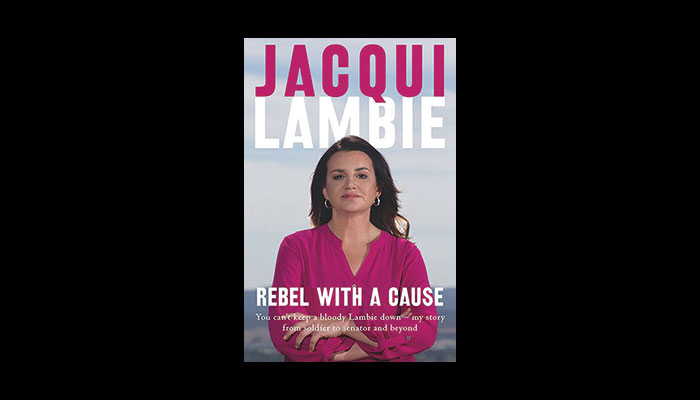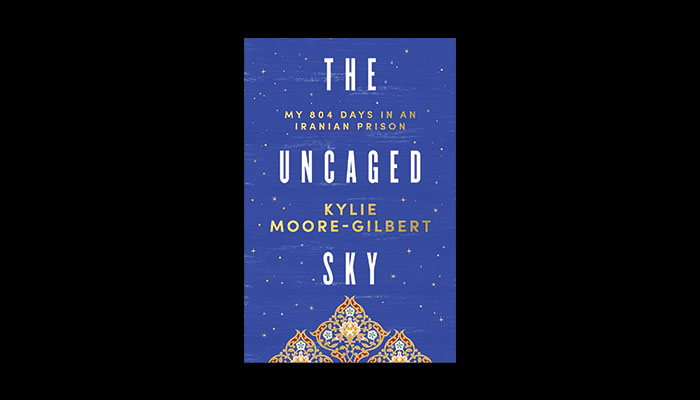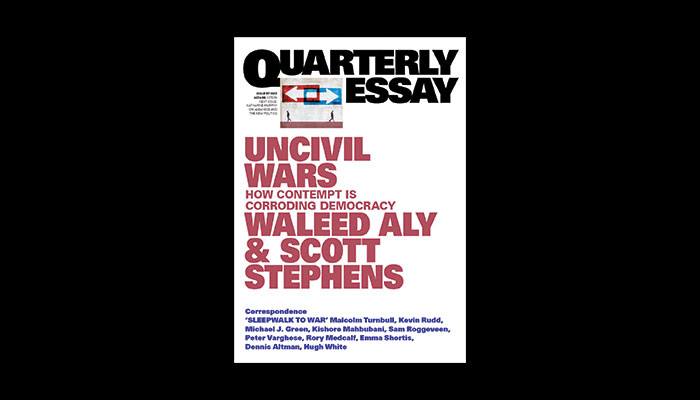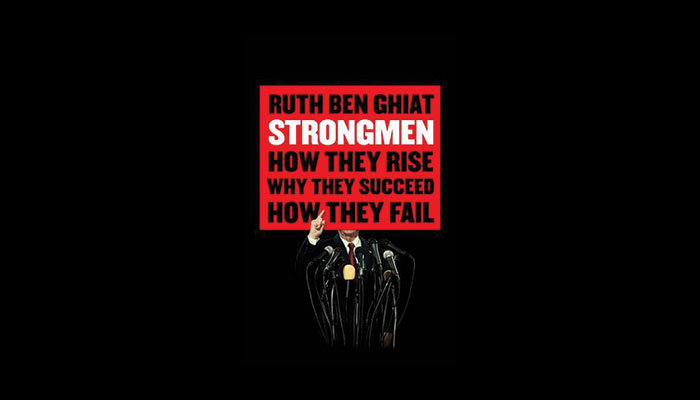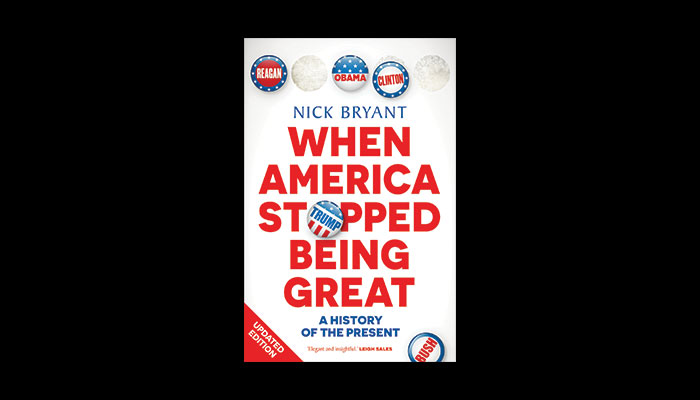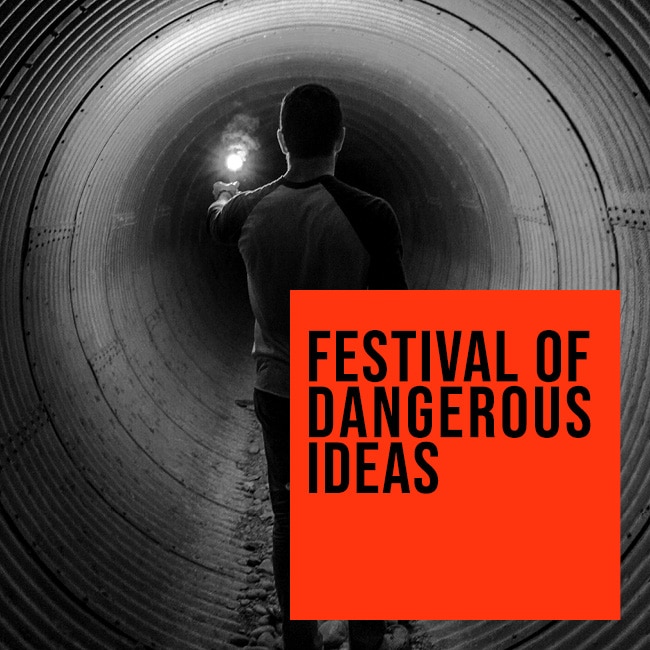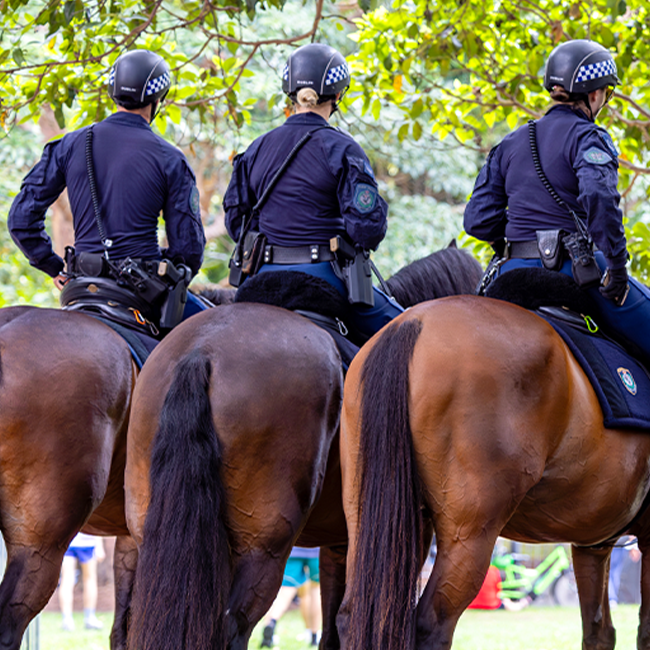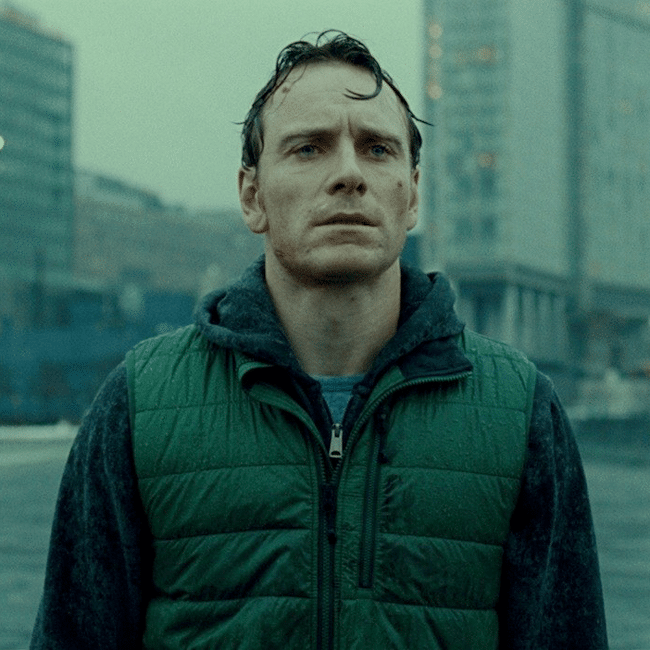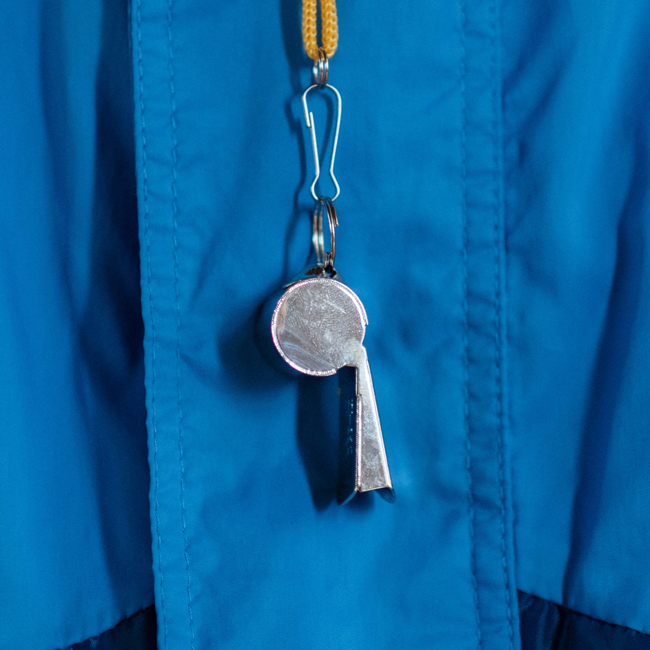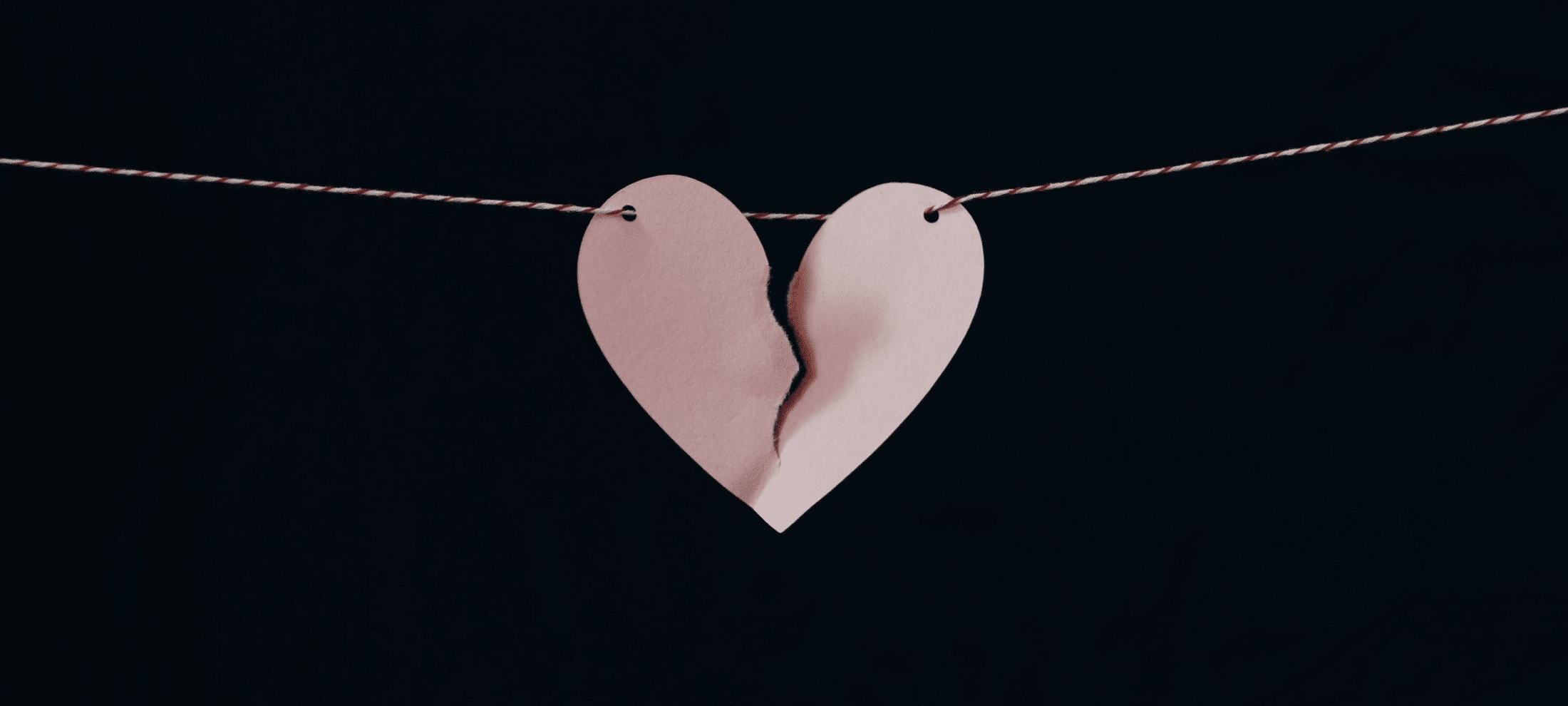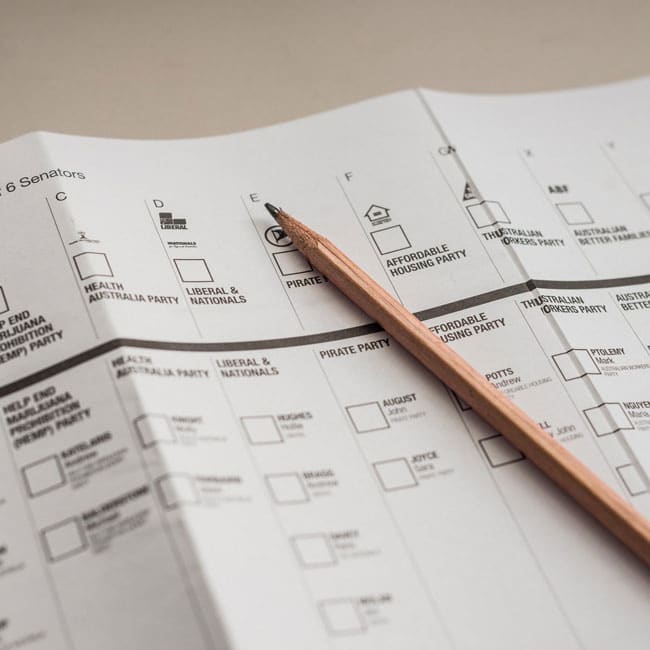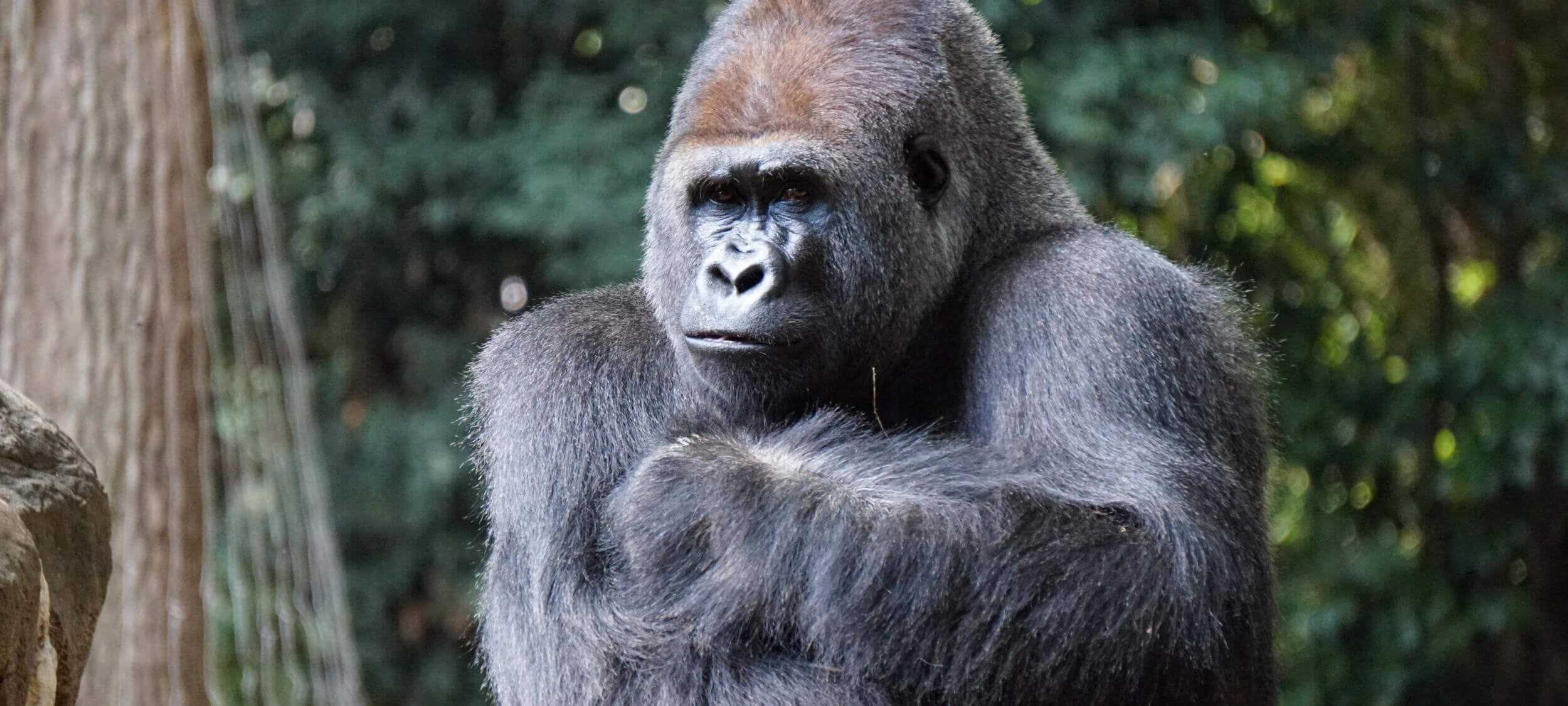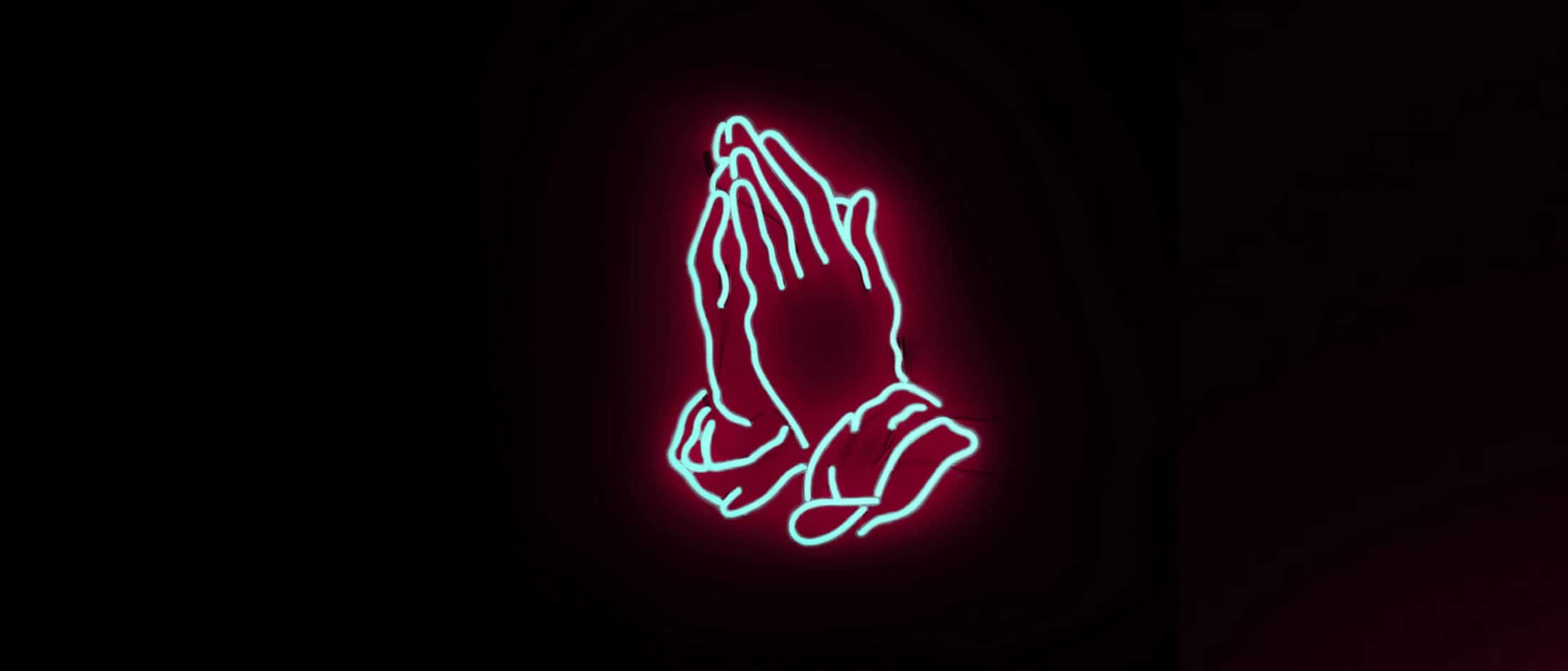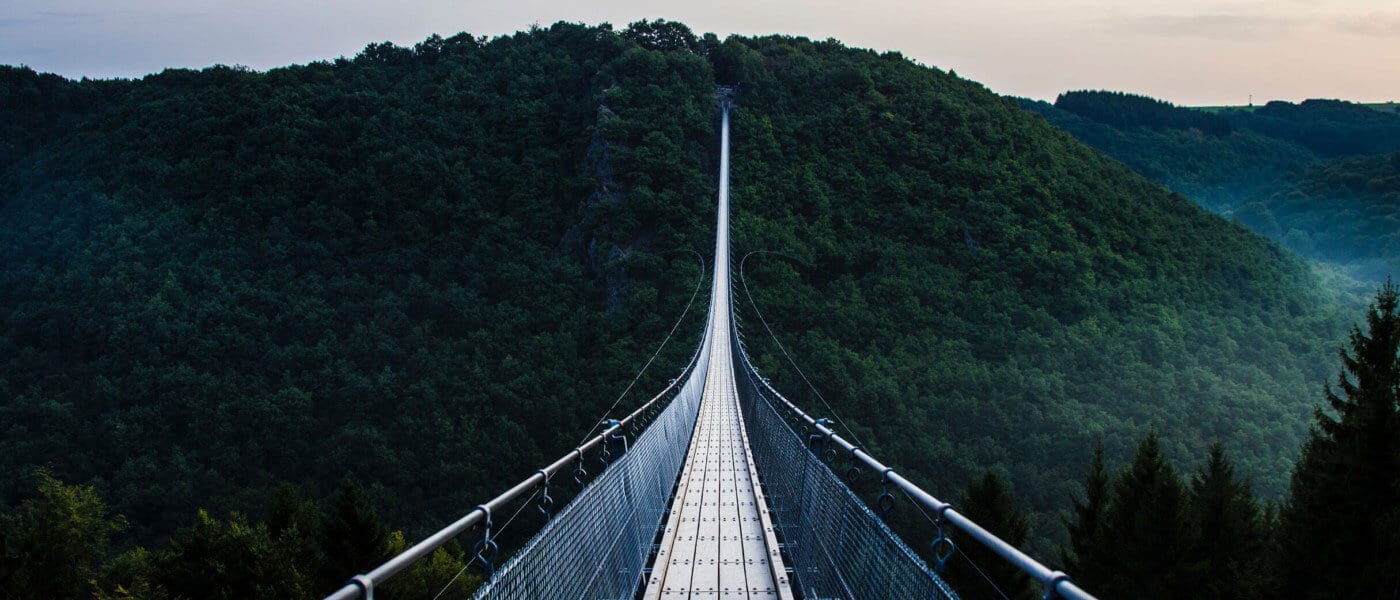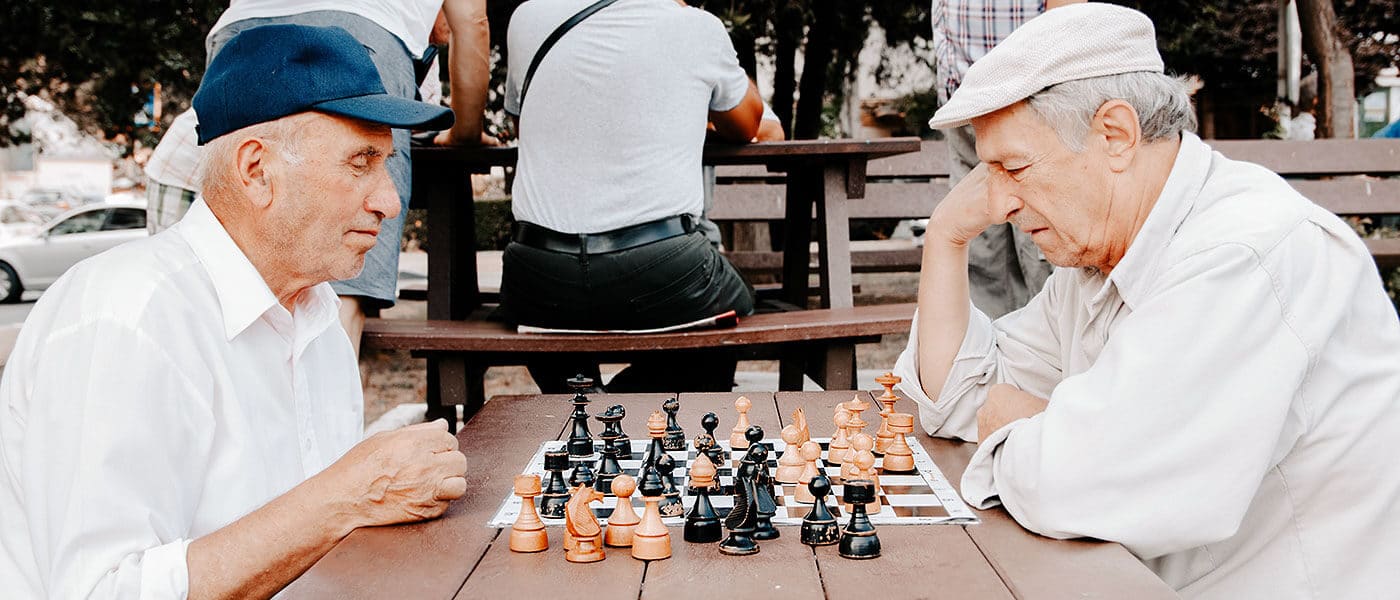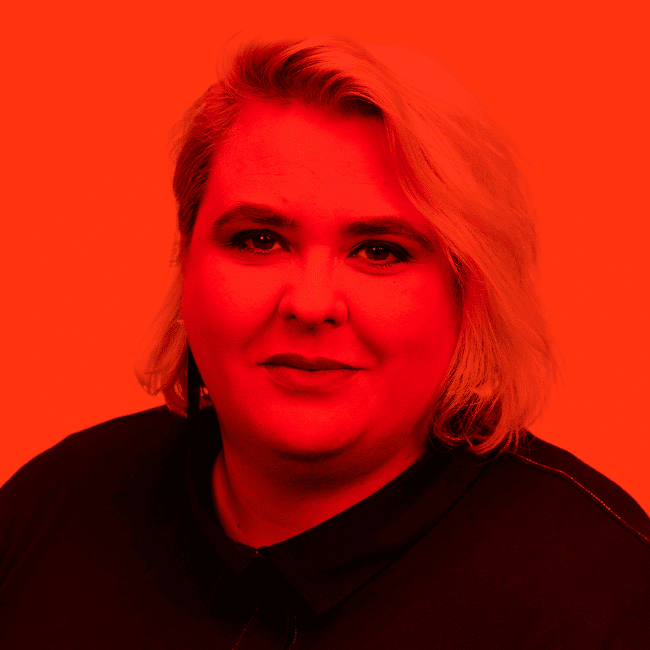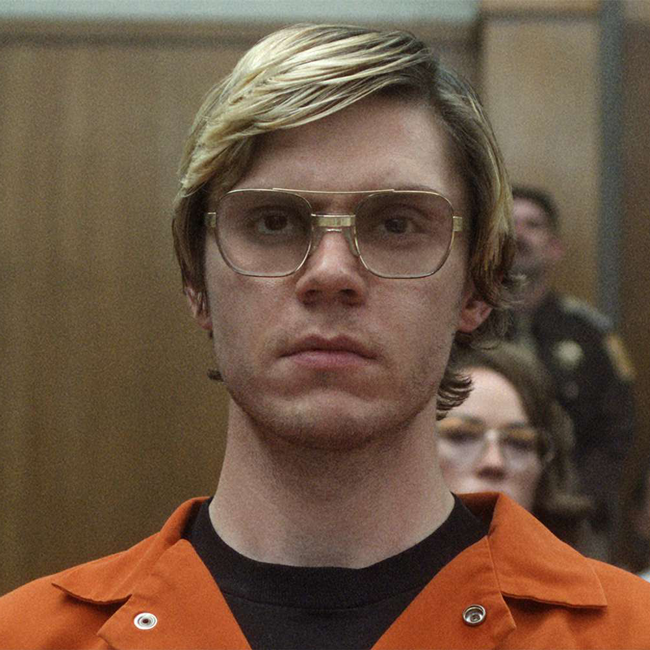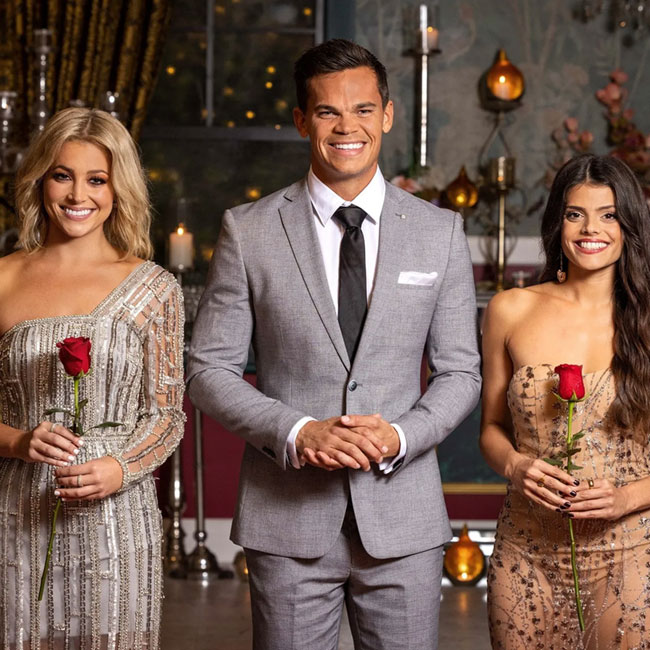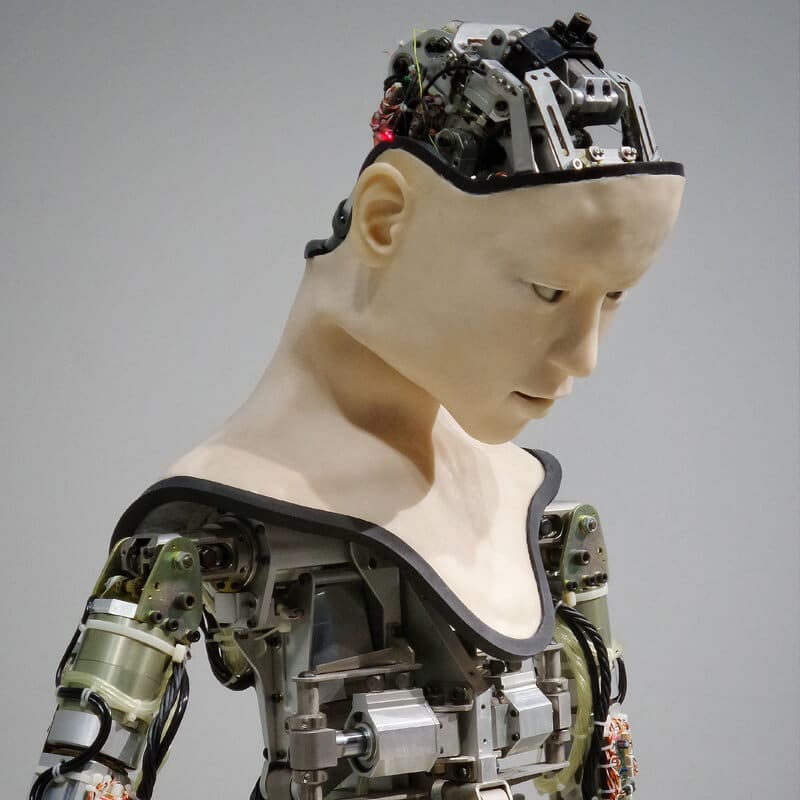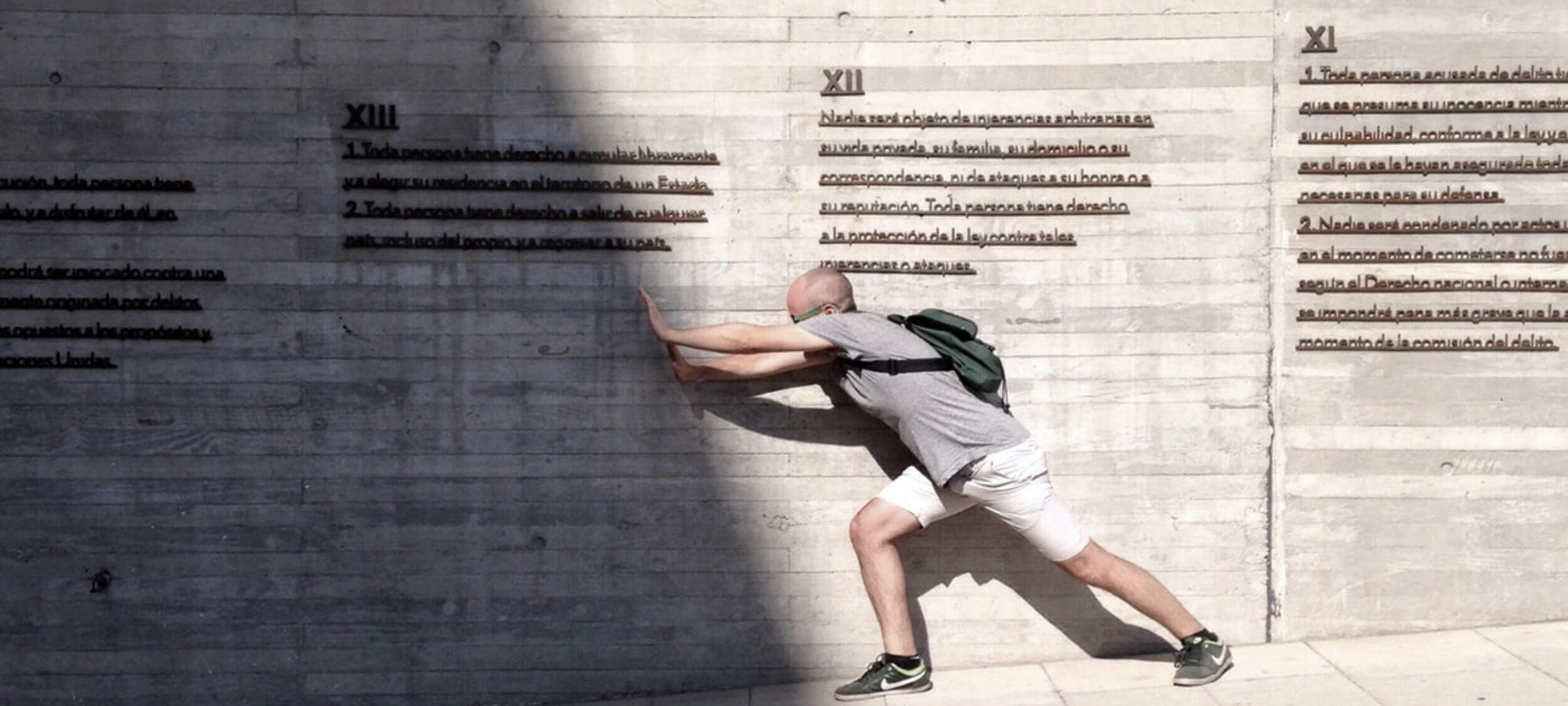Big Thinker: Steven Pinker

Steven Pinker (1954-present) is an experimental psychologist who is “interested in all aspects of language, mind, and human nature.” In 2021, Academic Influence calculated that he was the second-most influential psychologist in the world in the decade 2010-2020.
Steven Pinker is a Canadian-American cognitive psychologist, psycholinguist, popular science author and public intellectual. He grew up in Montreal, earning his Bachelor’s degree in experimental psychology from McGill University and his PhD from Harvard University. He is currently the Johnstone Family Professor in the Department of Psychology at Harvard.
At the start of his graduate studies, Pinker found himself interested in language, and in particular, language development in children. In 1994, he went on to publish the first of his nine books written for a general audience, entitled The Language Instinct. In the book, Pinker introduces the reader to some of the fundamental parts of language, and argues that language itself is an instinct that makes humans unique.
Language, society and the mind
Try and have a thought without any language. It might be an idea or a memory that appears in your mind with no words or internal monologue. It’s quite difficult to switch off the voice in our heads for more than a few seconds. Pinker researches this connection between language and how our minds work.
To date, Pinker is the author of nine books written for a general audience. He covers a wide range of topics and questions that get at the heart of how we learn languages and what this does to our minds. His book The Stuff of Thought (2007) looks at how language shapes the way we think. He begins by suggesting that when we use language, we are doing two things:
- Conveying a message to someone
- Negotiating the social relationship between ourselves and whoever we are speaking to
For example, when a professor stands at the front of a lecture hall and tells her students “may I have your attention, class is about to begin” the professor is doing two things. First, she is alerting her students that class is starting (the message), and second, she is operating within the professor-student hierarchy (the social relationship) in which students should give their attention.
Taking this framework for language, Pinker works to untangle some of the complicated questions around language, such as “Why do so many swear words involve topics like sex, bodily functions or the divine?” and “Why do some children’s names thrive while others fall out of favour?”
Trends of today: is violence declining?
Pinker’s academic interests and research extends beyond language. In 2011, he published The Better Angels of Our Nature, which makes the claim that violence in human societies has generally decreased steadily over time.
“Historical data from past centuries are far less complete, but the existing estimates of death tolls, when calculated as a proportion of the world’s population at the time, show at least nine atrocities before the 20th century (that we know of) which may have been worse than World War II.”
Violence in this case does not just mean war. Pinker also looks at collapsing empires, the slave trade, the murder of native peoples, treatment of children and religious persecution as acts of violence in the world. While it feels like we see and hear about a lot of violence today, he notes that it’s often because these are ‘newsworthy’ events.
“In the case of violence, you never see a reporter with a microphone and a sound truck in front of a high school announcing that the school has not been shot up today, or in an African capital noting that a civil war has not erupted.”
After establishing the trend of declining violence, he looks at historical factors that work to explain why we live in a less violent world. Some of these trends include increasing respect for women, the rise in technological progress, and more application of knowledge and rationality to human affairs.
Current work
Steven Pinker’s work has received a number of prizes for his books, including the William James Book Prize three times, the Los Angeles Times Science Book Prize, the Eleanor Maccoby Book Prize, the Cundill Recognition of Excellence in History Award, and the Plain English International Award. He has also served as an editor and advisor for a variety of scientific, scholarly, media and humanist organisations.
Steven Pinker still spends his time researching a diverse array of topics in psychology, language, historical and recent trends in violence, and neurobiology. One specific area he is currently researching is the role of common knowledge (i.e., things that we know other people know without having to say what we know) in language and other social phenomena.
Steven Pinker presents Enlightenment or Dark Age? as part of Festival of Dangerous Ideas 2022. Tickets on sale now.
Ethics in your inbox.
Get the latest inspiration, intelligence, events & more.
By signing up you agree to our privacy policy
You might be interested in…
Opinion + Analysis
Relationships
Why morality must evolve
Opinion + Analysis
Health + Wellbeing, Relationships
There is something very revealing about #ToiletPaperGate
Opinion + Analysis
Relationships
We already know how to cancel. We also need to know how to forgive
Explainer
Politics + Human Rights, Relationships
Ethics Explainer: The Harm Principle
BY The Ethics Centre
The Ethics Centre is a not-for-profit organisation developing innovative programs, services and experiences, designed to bring ethics to the centre of professional and personal life.
Read before you think: 10 dangerous books for FODI22

Read before you think: 10 dangerous books for FODI22
Opinion + AnalysisSociety + Culture
BY The Ethics Centre 29 AUG 2022
Truth, trust, tech, tattoos and taboos – The Festival of Dangerous Ideas returns live to Sydney 17-18 September with big ideas, dicey topics and critical conversations.
From history and science, to art, politics, and economics, FODI holds issues up to the light – challenging, celebrating and debating some of the most complex questions of our times.
In partnership with Gleebooks, these 10 reads from this year’s line-up of thinkers, artists, experts and disruptors will sharpen your mind, put your mettle to the test and help you stay ahead of the discussion:
Beyond the Gender Binary by Alok Vaid-Menon
Talking from their own experiences as a gender non-conforming artist, Alok Vaid-Menon challenges the world to see gender in full colour.
Alok // Live at FODI22 // Beyond the Gender Binary // Sat 17 Sept // 7:15pm
Lies, Damned Lies by Claire G. Coleman
A deeply personal exploration of Australia’s past, present and future, and the stark reality of the ongoing trauma of Australia’s violent colonisation.
Claire G. Goleman // Live at FODI22 // Words are Weapons // Sun 18 Sept // 11am
See What You Made Me Do by Jess Hill
A confronting and deeply researched account uncovering the ways in which abusers exert control in the darkest, and most intimate, ways imaginable.
Jess Hill // Live at FODI22 // World Without Rape // Sun 18 Sept // 2pm
Enlightenment Now by Steven Pinker
Exploring the formidable challenges we face today – rather than sinking into despair we must treat them as problems we can solve.
Steven Pinker // Live at FODI22 // Enlightenment or a dark age? // Sun 18 Sept // 6pm
Futureproof: 9 rules for humans in the age of automation by Kevin Roose
A hopeful, pragmatic vision for how we can thrive in the age of AI and automation.
Kevin Roose // Live at FODI22 // Caught in a Web // Sat 17 Sept // 3pm
Rebel with a cause by Jacqui Lambie
The Senator’s memoir that is as fascinating, honest, surprising and headline-grabbing as the woman herself.
Jacqui Lambie // Live at FODI22 // On Blowing Things Up // Sat 17 Sept // 11am
The Uncaged Sky by Kylie Moore-Gilbert
The extraordinary true story of Moore-Gilbert’s fight to survive 804 days imprisoned in Iran, exploring resilience, solidarity and what it means to be free.
Kylie Moore-Gibert // Live at FODI22 // Expendable Australians // Sat 17 Sept // 4pm
Quarterly Essay 87: The Ethics and Politics of Public Debate by Waleed Aly & Scott Stephens
In this edition of Quarterly Essay, Aly and Stephens explore why public debate is increasingly polarised – and what we can do about it.
Waleed Aly & Scott Stephens present a special edition of The Minefield live at FODI22 // Contempt is Corroding Democracy // Sun 18 Sept // 3pm
Strongmen by Ruth Ben-Ghiat
A fierce and perceptive history, and a vital step in understanding how to combat the forces which seek to derail democracy and seize our rights.
Ruth Ben-Ghiat // Live at FODI22 // Return of the Strongman // Sat 17 Sept // 5pm
When America Stopped Being Greatby Nick Bryant
The history of Trump’s rise is also a history of America’s fall – not only are we witnessing America’s post-millennial decline, but also the country’s disintegration.
Nick Bryant // Live at FODI22 // American Decadence // Sun 18 Sept // 12pm
These titles, plus more will be available at the FODI Dangerous Books popup – running 10am-8pm across 17-18 September at Carriageworks, Sydney. Check out the full FODI program at festivalofdangerousideas.com
Ethics in your inbox.
Get the latest inspiration, intelligence, events & more.
By signing up you agree to our privacy policy
You might be interested in…
Opinion + Analysis
Society + Culture
Save the date: FODI returns in 2020!
Opinion + Analysis
Politics + Human Rights, Society + Culture
On policing protest
Opinion + Analysis
Politics + Human Rights, Society + Culture
Respect for persons lost in proposed legislation
Opinion + Analysis, READ
Society + Culture
Read me once, shame on you: 10 books, films and podcasts about shame
BY The Ethics Centre
The Ethics Centre is a not-for-profit organisation developing innovative programs, services and experiences, designed to bring ethics to the centre of professional and personal life.
Come join the Circle of Chairs

More than thirty years ago, philosopher and Executive Director of The Ethics Centre, Dr Simon Longstaff AO placed a dozen chairs in a circle in Martin Place in the centre of Sydney’s busy CBD. Next to them he put up a sign that said: “If you would like to discuss ideas with a philosopher join the circle”.
At first, the circle attracted little more than sidelong glances from curious passers-by. But it wasn’t long before people paused to read the sign, a few of them taking up the offer to occupy one of the chairs and start a conversation. Soon the circle was full and the discussion buzzing.
Simon discovered that many people had an unsated appetite for a different kind of conversation than the one that usually unfolded with friends, family and colleagues or, heaven forbid, online.
This was a kind of conversation where they could open up and express their deepest beliefs and attitudes, where they could ask questions without people presuming the worst about them, where they could have their ideas challenged without feeling judged or threatened, and where they could explore a topic before making up their mind.
Simon returned regularly to Martin Place with his circle of chairs, and each time more and more people stopped by to discuss ideas with him and the others seated around the circle. People started to come from far and wide to join in the conversation, having heard about it from friends or family. Rarely were chairs left empty.
With his Circle of Chairs, Simon had effectively created a space where people were safe to talk about difficult and challenging subjects. What made it work was that it wasn’t just free and unregulated discourse. Simon was able to bring his skills as a philosopher to facilitate the conversation and set appropriate norms that enabled people to speak and listen in good faith in ways that are difficult to achieve in everyday conversations.
This exercise all those years ago served as a crucial spark that led to the creation of The Ethics Centre, which still works to create safe spaces to discuss difficult and important subjects to this day.
Welcome to the conversation
Presented by The Ethics Centre, Festival of Dangerous Ideas (FODI) is Australia’s original disruptive festival. By holding uncomfortable ideas up to the light and challenging thinking on some of the most persevering and difficult issues of our time, FODI aims to question our deepest held beliefs and desires.
Which is why Dr Simon Longstaff’s original vision of a Circle of Chairs is returning to this year’s FODI, in partnership with JobLink Plus. With six sessions held over the two days, we’re inviting festival goers to take up a chair and sit shoulder to shoulder with leading philosophers Dr Simon Longstaff, Dr Tim Dean and Dr Kelly Hamilton, who will be joined by special guest conversationalists to unpick some of modern life’s most dangerous ethical dilemmas.
Will you agree with your fellow FODI attendee’s views? Pull up a chair and join or simply watch the guided conversations unfold as together we examine how we’re really feeling, thinking and doing.
We hope to see more safe spaces opening up outside of FODI to help us all have the opportunity to share our authentic views and tackle the most challenging, and important, questions that we face today.
Ethics in your inbox.
Get the latest inspiration, intelligence, events & more.
By signing up you agree to our privacy policy
You might be interested in…
Opinion + Analysis
Business + Leadership, Relationships
Corporate whistleblowing: Balancing moral courage with moral responsibility
Opinion + Analysis
Politics + Human Rights, Relationships
Why we should be teaching our kids to protest
Explainer
Business + Leadership, Politics + Human Rights, Relationships
Ethics Explainer: Power
Opinion + Analysis
Health + Wellbeing, Relationships
How to break up with a friend
BY The Ethics Centre
The Ethics Centre is a not-for-profit organisation developing innovative programs, services and experiences, designed to bring ethics to the centre of professional and personal life.
Ethics Explainer: Gender

Ethics Explainer: Gender
ExplainerPolitics + Human RightsRelationships
BY The Ethics Centre 10 AUG 2022
Gender is a complex social concept that broadly refers to characteristics, like roles, behaviours and norms, associated with masculinity and femininity.
Historically, gender in Western cultures has been a simple thing to define because it was seen as an extension of biological sex: ‘women’ were human females and ‘men’ were human males, where female and male were understood as biological categories.
This was due to a view that espouses the idea that biology (i.e., sex) predetermines or limits a host of social, psychological and behavioural traits that are inherently different between men and women, a view often referred to as biological determinism. This is where we get stereotypes like “men are rational and unemotional” and “women are passive and caring”.
While most people reject biologically deterministic views today, most still don’t distinguish between sex and gender. However, the conversation is slowly beginning to shift as a result of decades of feminist literature.
Additionally, it’s worth noting that outside of Western traditions, gender has been a much more fluid and complex concept for thousands of years. Hundreds of traditional cultures around the world have conceptions of gender that extend beyond the binary of men and women.
Feminist Gender Theory
Feminism has had a long history of challenging assumptions about gender, especially since the late twentieth century. Alongside some psychologists at the time, feminists began differentiating between sex and gender to argue that many of the differences between men and women that people took to be intrinsic were really the result of social and cultural conditioning.
Prior to this, sex and gender were thought be essentially the same thing. This encouraged people to confer biological differences onto social and cultural expectations. Feminists argue that this is a self-fulfilling misconception that produces oppression in many different ways; for example, socially and culturally limiting attitudes that prevent women from engaging in “masculine” activities and vice versa.
Really, they say, gender is social and sex is biological. Philosopher Simone de Beauvoir famously said: “One is not born, but rather becomes, a woman”.
Gender being social means that it’s a concept that is constructed and shaped by our perceptions of masculinity and femininity, and that it can vary between societies and cultures. Sex being biological means that it’s scientifically observable (though the idea of binary sex is also being questioned given there are over 100 million intersex people all over the world).
Philosophers like Simone de Beauvoir argued that gendered assumptions and expectations were so deeply engrained in our lives that they began to appear biologically predetermined, which gave credence to the idea of women being subservient because they were biologically so.
“Social discrimination produces in women moral and intellectual effects so profound that they appear to be caused by nature.”
Gender and Identity
Gender being socially constructed means that it is mutable. With this increasingly mainstream understanding, people with more diverse gender identities than simply that which they were assigned at birth (cisgender) have been able to identify themselves in ways that more closely reflect their experiences and expressions.
For example, some people identify with a different gender than what they were assigned at birth based on their sex (transgender); some people don’t identify as either man or woman, and instead feel that they are somewhere in between, or that the binary conception of gender doesn’t fit their experience and identity at all (non-binary). In many non-western cultures, gender has never been a binary concept.
Unfortunately, with the inherently identity-based nature of gender, a host of ethical issues arise mostly in the form of discrimination.
Transgender people, for example, are often the target of discrimination. This can be in areas as simple as what bathrooms they use to more complicated areas like participation in elite sports. Notably, these examples of discrimination are almost always targeted at transfeminine people (those who identify as women after being assigned men at birth).
Additionally, there are ethical considerations that have to be taken into account when young people, particularly minors, make decisions about affirming their gender. Currently, it’s standard medical practice for people under 18 to be barred from making decisions about permanent medical procedures, though this still allows them to (with professional, medical guidance) take puberty blockers that help to mitigate extra dysphoria linked to undergoing puberty in a gender the person doesn’t identify with.
Gender stereotypes in general also have negatives effects on all genders. Genderqueer people are often the targets of violence and discrimination. Women have historically been and are still oppressed in many ways because of systemic gender biases, like being discouraged to work in certain fields, being paid less for similar work or being harassed in various areas of their lives. Men also face harmful effects of rigid gender norms that often result in risk-taking behaviour, internalisation of mental health struggles, and encouraging violent or anti-social behaviour.
The Future of Gender
This has been an overview of the most common views on gender. However, there are also many variations on the traditional feminist view that other feminists argue are more accurate depictions of reality.
bell hooks was known to criticise some variations of gender that revolved around sexuality because they did not properly account for the way that class, race and socio-economic status changed the way that a woman was viewed and expected to behave. For example, many views of gender are from the perspective of white, western women and so fail to represent women in more marginalised circumstances.
Along similar lines, Judith Butler criticises the very idea of grouping people into genders, arguing that it is and will always be inherently normative and hence exclusionary. For Butler, gender is not simply about identity, it’s primarily about equality and justice.
Even some earlier gender theorists like Gayle Rubin argue for the eventual abolishment of gender from society, in which people are free to express themselves in whatever individual way they desire, free from any norms or expectations based on their biology and subsequent socialisation.
“The dream I find most compelling is one of an androgynous and genderless (though not sexless) society, in which one’s sexual anatomy is irrelevant to who one is, what one does, and with whom one makes love.”
Gender is currently a very active research and debate area, not only in philosophy, but also in sociology, politics and LGBTQI+ education. While theories about identity often result in conflict due to its inherently personal nature, it’s promising to see such a clear area where work by philosophers has significantly influenced public discourse with profound effects on many people’s lives.
For a deeper dive on gender, Alok Vaid-Menon presents Beyond the Gender Binary as part of Festival of Dangerous Ideas 2022. Tickets on sale now.
Ethics in your inbox.
Get the latest inspiration, intelligence, events & more.
By signing up you agree to our privacy policy
You might be interested in…
Opinion + Analysis
Relationships, Society + Culture
Community is hard, isolation is harder
Explainer
Business + Leadership, Relationships
Ethics Explainer: Moral injury
Opinion + Analysis
Politics + Human Rights
Ask an ethicist: Why should I vote when everyone sucks?
Opinion + Analysis
Politics + Human Rights
Learning risk management from Harambe
BY The Ethics Centre
The Ethics Centre is a not-for-profit organisation developing innovative programs, services and experiences, designed to bring ethics to the centre of professional and personal life.
Big Thinker: Joanna Bourke

Joanna Bourke (1963 – present) is an historian, academic and philosopher who specialises in understanding the history of social and cultural phenomena. Her work has profoundly shaped our understanding of many fundamental aspects of human experience.
Joanna Bourke was born in New Zealand, and lived in Zambia, Solomon Island, and Haiti as a young child. She graduated from Auckland University with a Bachelor of Arts and a Master of Arts in history, and went on to complete her PhD at the Australian National University (ANU) in Canberra.
The dark parts of human experience
After writing her dissertation, titled Husbandry to Housewifery: Rural Women and Development in Ireland, 1890-1914 (1989), Bourke became interested in the experiences of men and women during wartime. Her work as a social and cultural historian has led her down a path of dealing with some of the less pleasant parts of being human, including topics such as pain, killing, war, violence, fear and rape. Bourke has been drawn to these elements of human experience because she feels that “these are the disciplines that have the most to offer us in terms of intellectual responses to current crises.”
Bourke’s book An Intimate History of Killing (1999) asks the question: what are the factors within society and in a war that turn a regular person into a good killer, or more politely, a good soldier? To answer her question, she uses excerpts from diaries, letters, memoirs and reports of Australian, British and American veterans of WWI, WWII and the Vietnam war. Bourke concludes that ordinary, gentle human beings can (and often do) become enthusiastic killers during a war because the structure of war encourages soldiers to feel pleasure from killing.
Some of her writing is also born out of personal experience. After a massive operation and a broken morphine drip, Bourke started thinking about pain and how difficult it is to describe in the English language. In her book The Story of Pain: From Prayer to Painkillers (2014), she concludes that “it is useful to think about pain in adverbial terms” because “it describes the way we experience something, not what is experienced.” As well as tracing the history of pain from the 1800s to present, she also details how factors such as race, class, gender and age have influenced the medical treatment of pain and often resulted in cruel abuse and neglect.
“Life’s too short for second editions.”
Joanna Bourke’s academic interests are vast. She has written 13 books and published over 100 articles, often tackling controversial and taboo topics.
In her recent book Loving Animals: On Beastiality, Zoophilia and Post Human Love (2020), Bourke argues that we should take a more nuanced approach to how we understand loving relationships between humans and non-human animals. When we take this more nuanced approach, Bourke finds that we are able to gain a clearer understanding of the nature of relationships, love and what we owe each other.
“I will be suggesting that animals are actors in society. This serves to challenge the anthropocentrism of history, human exceptionalism, and the idea that ‘culture’ is an entirely human preserve.”
Bourke begins by pointing out that “studies suggesting a link between bestiality and psychosis should be treated with caution due to sampling bias, because they were conducted on people already within the penal system, rather than a cross-section of the population.” She calls us to think about how we can so freely say that we love our pets, but turn a blind eye to slaughterhouses and factory farming. Bourke wants us to ask: what does it mean to love a non-human animal, and more broadly, what does it mean to love?
When we remove human exceptionalism from our understanding of human-animal relationships (which Bourke urges that we must), we can begin to think more about what we owe animals and how moral attitudes such as care, compassion, affection and pleasure are not unique to human beings.
Current work
Bourke is currently a professor of history at Birkbeck, University of London in England. She is also the Principal Investigator for a project called SHaME, or Sexual Harms and Medical Encounters. The project explores the medical and psychiatric aspects of sexual violence, with the aim of moving beyond the shame of sexual assault and address it as a global health crisis.
Her newest book Disgrace: Global Reflections on Sexual Violence, which has been partially motivated by her work with SHaME, will be available for purchase in Australia on August 15.
Joanna Bourke presents The Last Taboo as part of Festival of Dangerous Ideas 2022. Tickets on sale now.
Ethics in your inbox.
Get the latest inspiration, intelligence, events & more.
By signing up you agree to our privacy policy
You might be interested in…
Opinion + Analysis
Relationships
Come join the Circle of Chairs
Opinion + Analysis
Business + Leadership, Relationships, Society + Culture
Renewing the culture of cricket
Opinion + Analysis
Climate + Environment, Politics + Human Rights, Relationships
A burning question about the bushfires
WATCH
Relationships
How to have moral courage and moral imagination
BY The Ethics Centre
The Ethics Centre is a not-for-profit organisation developing innovative programs, services and experiences, designed to bring ethics to the centre of professional and personal life.
Finance businesses need to start using AI. But it must be done ethically

Finance businesses need to start using AI. But it must be done ethically
Opinion + AnalysisBusiness + LeadershipScience + Technology
BY The Ethics Centre 2 AUG 2022
Banking and finance businesses can’t afford to ignore the streamlining and cost reduction benefits offered by Artificial Intelligence (AI).
Your business can’t effectively beat the competition marketing any product in the 21st century without using big data and AI. Given the immense amount of consumer data available – and the number of channels, segments and competitors – marketers need to use AI and algorithms to operate successfully in the online environment.
But AI must be used prudently. Business managers must be meticulous in setting up rules for the algorithms’ decision making to prevent AI, which lacks a human’s inherent moral and ethical guiding force, from targeting ads towards unsuitable or vulnerable customers, or making decisions that exacerbate entrenched racial, gender, age, socio-economic, or other disparities and prejudices.
The Banking and Finance Oath’s 2021 Young Ambassadors recognised a gap in the research and delivered report: AI driven marketing in financial services: ethical risks and opportunities. It unravels the complexities of AI’s impact across the financial services industry and government, and establishes a framework that can be applied to other contexts.
In a marketing environment, AI can be used to streamline processes by generating personalised content for customers or targeting them with individual offers; leveraging customers’ data to personalise web and app pages based on their interests; enhancing customer service with chatbots; and supporting a seamless purchasing journey from phone to PC to in-person at a storefront.
Machine learning algorithms draw from immense data pools, such as customers’ credit card transactions and social media click-throughs to predict the likelihood of customers being interested in a product, whether to show them an ad and what ad to show them. But there are ethical risks to navigate at every step – from the quality of the data used to how well the developers and business managers understand the business objectives.
Using AI for marketing in financial services comes with two significant risks. The first is the potential for organisations to be seen as preying on people in vulnerable circumstances.
AI has no moral oversight or human awareness – it simply crunches the numbers and makes the most advantageous and profitable decision to lead to a sales conversion.
And if that decision is to target home loan ads at people going through a divorce or a loved one’s funeral, or to target credit card ads at people who are unemployed or living with addiction, without proper oversight, there’s nothing to stop it.
The other risk is the potential for data misuse and threats to privacy. Customers have a right to their own data and to know how it’s being used – and what demographics they’re being placed in. If your data’s out of date or inaccurate, or missing in sections, you’ll be targeting the wrong people.
All demographics – including racial background, socio-economic status, and individual psychological profile – have the potential to be misused by AI to reinforce gender, racial, age, economic and other disparities and prejudices.
Most ethical failings in AI-driven marketing campaigns can be traced back to issues with governance – poor management of data and lack of communication between developers and business managers. These data governance issues include: siloed databases that don’t share definitions; datasets that don’t refresh quickly enough and become outdated; customer flags that are incorrect or missing; and too many people being designated as data owners, resulting in the deferral of responsibility.
In human driven decision making, there’s a clear line of command, from the Board, to management, to the frontline team. But in AI-driven decision making, the frontline team is replaced by two teams – the AI developers and the team of machines.
Communication gaps emerge where management may not be familiar with instructing AI developers and the field’s highly technical nature, and the developers may not be familiar with the jargon of the business. Training across the business can act to fill these gaps.
Before any business begins to integrate AI into its marketing (and overall) strategy, it’s crucial that it adopt a set of basic ethical principles, these being:
- Beneficence (or do good): personalise products to improve the customer’s experience and improve their financial literacy by delivering targeted advice.
- Non-maleficence (or do no harm): ensure your AI marketing doesn’t target customers in inappropriate or harmful ways.
- Justice: ensure your data doesn’t discriminate based on demographics and exacerbate racial, gender, age, socio-economic or other disparities or stereotypes.
- Explicability: you need to be able to explain how your AI system makes the decisions it does and the relation between its inputs and outputs. Experts should be able to understand its results, predictions, recommendations and classifications.
- Autonomy: at the company level, governance processes should keep humans informed of what’s happening; and at a customer level, responsible decision making should be supported through personalisation and recommendation tools.
The reality is that no business can afford to ignore the benefits AI offers, but the risks are very real. By acknowledging the ethical issues, businesses can seize the opportunities while mitigating the risks, benefiting themselves and their customers.
Download a copy of the report here.
Ethics in your inbox.
Get the latest inspiration, intelligence, events & more.
By signing up you agree to our privacy policy
You might be interested in…
Opinion + Analysis
Business + Leadership
This tool will help you make good decisions
Opinion + Analysis
Science + Technology
We can raise children who think before they prompt
Opinion + Analysis
Business + Leadership
Power play: How the big guys are making you wait for your money
Opinion + Analysis
Business + Leadership
Is there such a thing as ethical investing?
BY The Ethics Centre
The Ethics Centre is a not-for-profit organisation developing innovative programs, services and experiences, designed to bring ethics to the centre of professional and personal life.
We are being saturated by knowledge. How much is too much?

We are being saturated by knowledge. How much is too much?
Opinion + AnalysisRelationshipsScience + Technology
BY The Ethics Centre 28 JUL 2022
We’re hurtling into a new age where the notion of evidence and knowledge has become muddied and distorted. So which rabbit hole is the right one to click through?
Our world is deeply divided, and we have found ourselves in a unique moment in history where the idea of rational thought seems to have been dissolved. It’s no longer as clear cut what is right and just to believe….So what does it mean to truly know something anymore?
According to Emerson, the number one AI chat bot in the world, “rational thought is the process of forming judgements based on evidence” which sounds simple enough. It’s easy to form judgements based on evidence when the object of judgement is tangible — this cheese pizza is delicious, a cat playing a keyboard wearing glasses is funny. These are ideas on which people from all sides of the political spectrum can come to some form of agreement (with a little friendly debate).
But what happens when the ideas become a little more lofty? It’s human nature to believe that our one’s ideas are rational, well reasoned, and based on evidence. But what constitutes evidence in these information rich times?
We’re hurtling into a new age where even the notion of “evidence” has become muddied and distorted.
So where do we even begin — which news is the real news and what’s the responsible way to respond to the news that someone as intelligent as you, in possession of as much evidence as you, believes a different conclusion?
Philosopher Eleanor Gordon-Smith suggests, “There are many, many circumstances in which we decline to avail ourselves of certain beliefs or certain candidate truths because we’re being very Cartesionally responsible and we’re declining to encounter the possibility of doubt. And meanwhile, those of us who are sort of warriors for the enlightenment of being very epistemically polite and trying to only believe those things that we’re allowed to do so on. The conspiracy theorists, meanwhile, consider themselves a veil of knowledge, which then they deploy in a very different way.”
Who gets to be smart?
Before the Enlightenment, the common man had no real business in the pursuit of knowledge, knowledge was very fiercely guarded by the Church and the Crown. But once it dawned on those honest folk that they could in fact have knowledge, it almost became a moral imperative to seize it, regardless of the obstacles.
Nowadays avoiding knowledge is an impossibility impossible. Access to information has been wholly democratised, if you’ve got a smart phone handy, any Google search will result in billions of possible pages and answers. It’s now your choice to determine which rabbit hole is the right one to click. To the untrained eye, there’s no differentiating between information that is thoroughly researched and fact checked and fake news. And according to Eleanor Gordon-Smith it is this saturation of knowledge has come to define our generation. So much so that the value of knowledge “has been subject to a kind of inflation”.
She asks, “how do you restore the emancipatory potential of knowledge that the Enlightenment founders saw? How do you get back the kind of bravery, the self development, the political resistance, the independence in the act of knowing in this particular moment…is there a way to restore the bravery and the value of knowledge in an environment where it’s so cheap and so readily available?”
It is this saturation of knowledge has come to define our generation. So much so that the value of knowledge “has been subject to a kind of inflation”.
Philosopher Slavoj Žižek suggests that perhaps our mistake is putting the Englightment on a pedestal, that those involved in the Enlightment’s pursuit of knowledge mischaracterised those who came before them as naive idiots. “Modernity is not just knowledge. It’s also on the other side, a certain regression to primitivity. The first lesson of good enlightenment is don’t simply fight your opponent. And that’s what’s happening today.”
Perhaps ignorance really is bliss
In the age of disinformation, misinformation and everything in between, admitting you don’t know something almost feels like an act of rebellion. American philosopher Stanley Cavell, boldly asked “how do we learn that what we need is not more knowledge but the willingness to forgo knowledge” (it’s worth noting that this line of questioning saw his publications banned from a number of American university libraries).
Sometimes it is better to be ignorant because, “true knowledge hurts. Basically, we don’t want to know too much. If we get to know too much about it, we will objectivise ourselves, we will lose our personal dignity, so to retain our freedom it’s better not to know too much.” – Žižek
Žižek however admits that we are in a the middle of the fight. We are not at the end of the story. We cannot afford ourselves this retroactive view in the sense of: who cares what is done is already done? “Philosophers have only interpreted the world, we have to change it. We tried to change the world too quickly without really adequately interpreting it. And my motto would have been that 20th century leftists were just trying to change the world. The time is also to interpret it differently. That’s the challenge.”
When the AI chat bot Emerson is asked, “how can you know if something is true” it responds, “truth is a matter of opinion” and given these tumultuous and divided times we are living through, there is perhaps no truer statement.
To delve deeper into the speakers and themes discussed in this article, tune into FODI: The In-Between The Age of Doubt, Reason and Conspiracy.
Ethics in your inbox.
Get the latest inspiration, intelligence, events & more.
By signing up you agree to our privacy policy
You might be interested in…
Opinion + Analysis
Politics + Human Rights, Relationships
When human rights complicate religious freedom and secular law
Opinion + Analysis
Relationships
The wonders, woes, and wipeouts of weddings
Opinion + Analysis
Relationships
“I’m sorry *if* I offended you”: How to apologise better in an emotionally avoidant world
Opinion + Analysis
Health + Wellbeing, Relationships
There is something very revealing about #ToiletPaperGate
BY The Ethics Centre
The Ethics Centre is a not-for-profit organisation developing innovative programs, services and experiences, designed to bring ethics to the centre of professional and personal life.
Is debt learnt behaviour?

Debt means different things to different people. While some are confident to juggle huge amounts of debt spread across a few credit cards, others start hyperventilating at the mere notion of paying a bill a day late.
Debt is also intrinsically linked to our emotional state of mind. Purchasing a new outfit using Buy now, pay later services might trigger an immediate dopamine hit, and leave the trouble of those four pesky payments to a future version of yourself. Or on the larger scale, buying an apartment means taking on the biggest debt most will take on in their lifetime, but it marks a momentous life milestone.
Why is debt so emotional? And what hidden psychological forces shape our attitudes and relationships towards it?
Keep it in the family
Our attitudes towards debt are largely inherited from our family, according to Jess Brady, a financial advisor at Fox and Hare Financial and founder of online community Ladies Talk Money. Brady says debt is not just numbers on a spreadsheet, but rather a complex emotional relationship informed by how we saw our families and friends interact with their finances when we were kids. “It might be shaped by parents separating and having to move from middle class life, to potentially a period where things became really tight from a monetary perspective. And so now, fear and insecurity drive decision making in your money, beliefs or behaviour.”
“It might be that you watched your parents make reckless decisions, which has made you quite fearful about making any decisions. Or quite the opposite that you’re used to having a lot of money and a lot of freedom. Meaning that you spend money without really considering what the consequences are so often it is what we did or didn’t see in a home life environment.”
What’s clear is, there’s no rulebook when it comes to debt and financial management. Whether you’ve grown up with examples of responsible spending or not, the moment you get your first job and your own bank account – you’re on your own, which is why Brady thinks it’s important to supercharge your financial literacy.
“We wrap so much shame and guilt around debt.” If we’re going to start normalising talking about money, then the lessons of accepting and reflecting on the decision-making that got you to this point are valuable.
Jess Brady’s key financial messages for getting ahead of debt and improving financial literacy are:
- Stop identifying as someone who is, “bad with money”: this negative self-talk creates a belief system around excusing bad behaviour.
- The buck stops with you: don’t offload large financial decisions onto others whether that be a partner or a parent.
- Working 9-5: Take responsibility for your own income and embrace the mantra “I decide where and how to spend my own money.”
It’s all about the sell
For some, accumulating debt can feel like sacrificing freedom while for others it’s exactly the opposite. For a lot of people debt is an opportunity, it’s the promise of more, being one step closer to your dreams. Our differing perceptions of taking on debt has a lot to do with how it is marketed.
Taking on debt to go to university, to buy a car or an apartment are all seen as responsible debt associated with big life milestones, but debt is no longer just about buying your dream home, or taking out a credit card for the frequent flyer points. It’s about wanting a new pair of shoes… And thanks to Buy now, pay later services, getting them immediately.
According to Adam Ferrier, a behavioural psychologist and co-founder of Sydney based advertising agency, Thinkerbell, money is marketed with a sledgehammer. “Money used to be marketed by a promise of aspiration. But it feels like that aspirational side of money has been chipped away at, and it’s almost a bit gauche to promise an aspirational lifestyle with money. Debt in this country is marketed very much as an issue and something that you have to get out of and create a sense of urgency, often targeting the less financially literate people in the marketplace.”
But all debt was not created equal, and it’s the rise of Buy now, pay later type debts amongst the younger generations that have a number of financial advisors and writers concerned. According to Jonathan Shapiro, journalist and author of Buy now pay later, the extraordinary story of Afterpay, these services didn’t exactly set out to be unethical. “I think what’s happened is that we convinced ourselves that they are providing some sort of a win-win solution and they are of the belief that something so good and so popular cannot be bad.”
The introduction of companies like Afterpay to the financial lending market means it’s never been easier to fall into the red. And because of the clever way they’re marketed as payment services rather than lenders means they have largely dodged regulation, leading to heavy ethical scrutiny.
“A lot of its success is built around a behavioural hack. If something is $100, it might intimidate a consumer. But if it’s leading to $25 payments over six weeks, it makes it more palatable.”
The dangers of these services are that consumers will spend way more than they had originally intended because when a large price tag is divided over the span of six weeks it feels more manageable. “It’s put the burden on consumer groups to educate themselves. Those who use Afterpay need to be mindful of the risks of booting up a debt trap. Now they might not fall into a debt trap in the same way someone using a credit card might. But what tends to happen is Buy now, pay later users that have overextended themselves sign up for a myriad of other providers, or they stop paying other bills that are more important.”
What’s important is that we begin to normalise conversations about money, about investments, and about debt. We’re living in a time where the way debt is marketed is shifting dramatically, so it’s imperative to improve our financial literacy because our critical thinking skills and understanding what’s right for us has never felt more important.
Life and Debt is available to listen to on Spotify and Apple Podcasts.
This podcast is a project from the Young Ambassadors in The Ethics Centre’s Banking and Finance Oath initiative. Our work is made possible by donations including the generous support of Ecstra Foundation – helping to build the financial wellbeing of Australians.
Ethics in your inbox.
Get the latest inspiration, intelligence, events & more.
By signing up you agree to our privacy policy
You might be interested in…
Opinion + Analysis
Business + Leadership
Workplace ethics frameworks
Explainer
Business + Leadership, Relationships
Ethics Explainer: Moral injury
Opinion + Analysis
Business + Leadership
This tool will help you make good decisions
Opinion + Analysis
Business + Leadership, Health + Wellbeing, Science + Technology
Can robots solve our aged care crisis?
BY The Ethics Centre
The Ethics Centre is a not-for-profit organisation developing innovative programs, services and experiences, designed to bring ethics to the centre of professional and personal life.
8 questions with FODI Festival Director, Danielle Harvey

8 questions with FODI Festival Director, Danielle Harvey
Opinion + AnalysisSociety + Culture
BY The Ethics Centre 12 JUL 2022
After a two-year hiatus, the Festival of Dangerous Ideas (FODI), is returning live and unfiltered to Sydney from 17–18 September at Carriageworks.
Ahead of the eleventh festival’s program release, we sat down with Festival Director, Danielle Harvey to get a sneak peek into the 2022 program and what it takes to create Australia’s original disruptive festival.
Our world has so rapidly changed over the past few years. How do you determine what makes an idea truly dangerous in this climate?
The thing with dangerous ideas is that they react and change with what’s going on in the world. When we consider FODI programming we always look to talk about the ideas that perhaps we’re not addressing in the mainstream media enough. The quiet, wicked ideas, that will be snapping at our heels before we know it!
FODI is about creating a space for unconstrained enquiry — for both audiences and speakers, so we aim to find different ways of talking about things; a different perspective or angle — whether that comes from putting people from different backgrounds or disciplines together or encouraging speakers to push their idea as far as it could possibly go.
The 2022 program will explore an ‘All Consuming’ theme. How do you feel this reflects our world at the moment?
This year’s theme responds to and critiques an age consumed by environmental disaster, disease, war, identity, political games and 24/7 digital news cycle.
It considers the constant demands for our attention and our own personal habits formed to deal with an avalanche of information, opportunity, and distraction. In an all-consuming time where there is so much vying for our attention, what exactly should we give it to?
How do you ensure a balance of ideas when putting a program together?
Our team has such a range of diverse roles and practices that provide us access to a very complementary range of experts across the arts, academia, business and politics. Some of us have worked together for over a decade which has meant we’ve developed an enduring dialogue that facilitates building a program in an exciting and agile manner.
After 10 festivals, we also have a fabulous and engaged speaker alumni network who keep us informed of any interesting developments in their respective fields.
FODI has been dubbed as Australia’s original disruptive festival, what is it about disruption that makes it important to base a festival around?
Progress happens when we are bold enough to interrogate ideas — when we’re able to have uncomfortable conversations and be unafraid to question the status quo. Holding the space open for critique without censure is incredibly important. It’s your choice if you come, if you want to sit in the uncomfortable, if you want to be curious about the world around you.
This year the festival will be held at Carriageworks. How does the festival align with this choice of site?
FODI has been privileged to have been housed in so many iconic Sydney venues, from Sydney Opera House to Cockatoo Island and Sydney Town Hall. Carriageworks is now a new home for FODI, that has empowered us to be bolder and provides a fantastic canvass for creating a truly ‘All Consuming’ experience for audiences, speakers and artists.
How would you reflect on the festival’s journey over the past few years to where it is now?
Obviously coming out of COVID in the last couple of years we’ve had some time to reflect, and perhaps the 2020 theme ‘Dangerous Realities’ was a little too prophetic! During that time we were one of the first festivals to turn that program digital, which aired over one weekend. We ended up having 10,000 people tune in live and then another 15,000 and a few days after it. I don’t think I’ve really seen any other festival that moved online and get those sorts of numbers that quickly. It’s a real credit to the FODI team and audiences.
Then in 2021 we embarked on a special audio project, ‘The In-Between’ which saw us pair unlikely people together to have a conversation about what this moment — pandemic, global power shifts, social shifts — might mean. That more open questioning was really enlightening, with some feeling afraid — like it is the end of an era. While others were more hopeful or unconvinced that it is anything new at all.
We’ve also been mining many of our FODI archival talks and released them as podcast episodes, which now have over 165,000 listens globally. It’s been fantastic to be reminded of how eerily relevant so many of these ideas were and how often we should look to the past in order to look forward.
As a result of our great digital programming and on demand content, we’ve now got this huge extended audience now and it’s been a joy to engage with people who weren’t physically able to join us previously.
What’s the most dangerous idea out there for you right now?
For the past two years we’ve been told that being with other humans is one of the most dangerous things you can do! So, I’m excited to see us come together, in person, this year and connect in a festival setting.
And finally, what are you most excited to see at FODI this year — what do you think sets this year’s program apart from others?
2022 heralds a return to public gatherings. We’re thrilled to support the arts and a return to live events and cultural activity after a very challenging time for so many in NSW and nationally.
I’m excited by bringing so many international speakers to Sydney, to hear some deep global analysis and different voices. The experiential elements we are planning will also provide another fabulous reason to get out of the house and back into our unique festival setting.
The Festival of Dangerous Ideas returns 17–18 September 2022. Program announcement and tickets on sale in July. Sign up to festivalofdangerousideas.com for latest updates.
Ethics in your inbox.
Get the latest inspiration, intelligence, events & more.
By signing up you agree to our privacy policy
You might be interested in…
READ
Society + Culture
10 dangerous reads for FODI24
Opinion + Analysis
Relationships, Society + Culture
Where are the victims? The ethics of true crime
LISTEN
Society + Culture
Festival of Dangerous Ideas (FODI)
Opinion + Analysis
Relationships, Society + Culture
Those regular folk are the real sickos: The Bachelor, sex and love
BY The Ethics Centre
The Ethics Centre is a not-for-profit organisation developing innovative programs, services and experiences, designed to bring ethics to the centre of professional and personal life.
Big Thinker: Matthew Liao
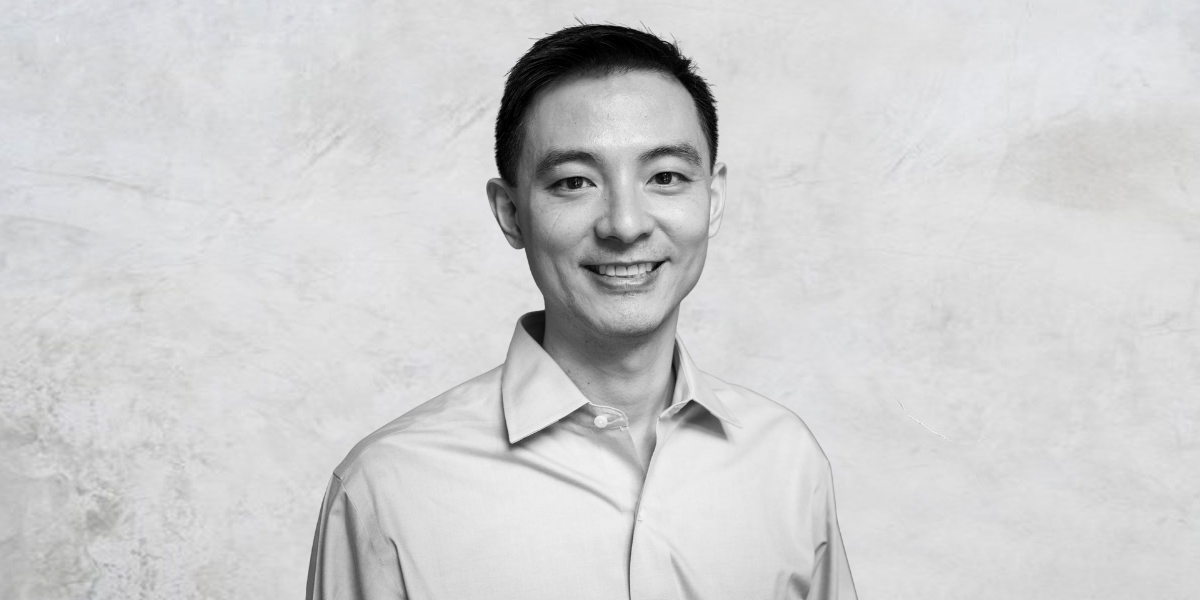
Matthew Liao (1972 – present) is a contemporary philosopher and bioethicist. Having published on a wide range of topics, including moral decision making, artificial intelligence, human rights, and personal identity, Liao is best known for his work on the topic of human engineering.
At New York University, Liao is an Affiliate Professor in the Department of Philosophy, Director of the Center for Bioethics, and holds the Arthur Zitrin Chair of Bioethics. He is also the creator of Ethics Etc, a blog dedicated to the discussion of contemporary ethical issues.
A Controversial Solution to Climate Change
As the climate crisis worsens, a growing number of scientists have started considering geo-engineering solutions, which involves large-scale manipulations of the environment to curb the effect of climate change. While many scientists believe that geo-engineering is our best option when it comes to addressing the climate crisis, these solutions do come with significant risks.
Liao, however, believes that there might be a better option: human engineering.
Human engineering involves biomedically modifying or enhancing human beings so they can more effectively mitigate climate change or adapt to it.
For example, reducing the consumption of animal products would have a significant impact on climate change since livestock farming is responsible for approximately 60% of global food production emissions. But many people lack either the motivation or the will power to stop eating meat and dairy products.
According to Liao, human engineering could help. By artificially inducing mild intolerance to animal products, “we could create an aversion to eating eco-unfriendly food.”
This could be achieved through “meat patches” (think nicotine patches but for animal products), worn on the arm whenever a person goes grocery shopping or out to dinner. With these patches, reducing our consumption of meat and dairy products would no longer be a matter of will power, but rather one of science.
Alternatively, Liao believes that human engineering could help us reduce the amount of food and other resources we consume overall. Since larger people typically consume more resources than smaller people, reducing the height and weight of human beings would also reduce their ecological footprint.
“Being small is environmentally friendly.”
According to Liao, this could be achieved several ways for example, using technology typically used to screen embryos for genetic abnormalities to instead screen for height, or using hormone treatment typically used to stunt the growth or excessively tall children to instead stunt the growth of children of average height.
Reception
When Liao presented these ideas at the 2013 Ted Conference in New York, many audience members found the notion of wearing meat patches and making future generations smaller to be amusing. However, not everyone found these ideas humorous.
In response to a journal article Liao co-authored on this topic, philosopher Greg Bognar wrote that the authors were doing themselves and their profession a disservice by not adequately considering the feasibility or real cost of human engineering.
Although making future generations smaller would reduce their ecological footprint, it would take a long time for the benefits of this reduction in average height and weight to accrue. In comparison, the cost of making future generations smaller would be borne now.
As Bognar argues, current generations would need to devote significant resources to this effort. For example, if future generations were going to be 15-20cm shorter than current generations, we would need to begin redesigning infrastructure. Homes, workplaces and vehicles would need to be smaller too.
Liao and his colleagues do, however, recognise that devoting time, money, and brain power to pursuing human engineering means that we will have fewer resources to devote to other solutions.
But they argue that “examining intuitively absurd or apparently drastic ideas can be an important learning experience, and that failing to do so could result in our missing out on opportunities to address important, often urgent issues.”
While current generations may resent having to bear the cost of making future generations more environmentally friendly, perhaps it is a cost that we must bear.
Liao says, “We are the cause of climate change. Perhaps we are also the solution to it.”
Ethics in your inbox.
Get the latest inspiration, intelligence, events & more.
By signing up you agree to our privacy policy
You might be interested in…
Explainer
Relationships, Science + Technology
Ethics Explainer: Post-Humanism
Opinion + Analysis
Business + Leadership, Relationships, Science + Technology, Society + Culture
Who does work make you? Severance and the etiquette of labour
Opinion + Analysis
Business + Leadership, Science + Technology
Is it ok to use data for good?
Opinion + Analysis
Science + Technology, Society + Culture







